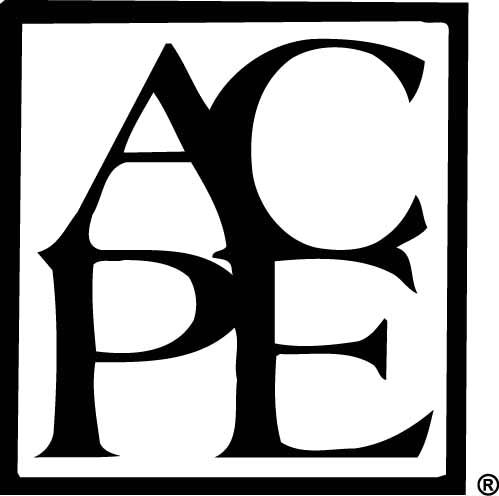Self-Directed Problem Based Learning Design Strategies

Self-directed problem based learning modules are becoming popular within many healthcare professional programs including colleges of pharmacy. This instructional approach can foster independence, generate initiative, and develop a platform for problem solving skills that are necessary attributes for today’s practicing pharmacist. The challenge is learning how to develop these types of modules, all the while ensuring student success.
This workshop walks the participant (faculty) through a series of design components to help meet the challenges associated with self-directed problem based learning. Emphasis will be placed on providing the participant with an infrastructure and a set of tools for immediate implementation geared toward bringing solutions to some of the inherent design challenges.
Some of the key design components for success address:
- Maintaining student motivation and interest
- Establishing strategic time points for intervention
- Developing behavioral, functional, and professional competencies
Intended audience
- Pharmacists/Faculty of Pharmacy
Learning Objectives
For Pharmacists
- Discriminate between problem based learning and self-directed problem based learning
- Identify the major challenges associated with self-directed problem based learning
- Describe how to implement specific design components leading to successful outcomes
- Develop the infrastructure for a more robust self-directed problem based learning experience
FINANCIAL SUPPORT
An unrestricted educational grant has been provided by MEDISCA Inc.
COPYRIGHT
The activity is copyright © 2018 LP3 Network.
 DAVID MASTROPIETRO, BS Pharm, PhD, RPh DAVID MASTROPIETRO, BS Pharm, PhD, RPhAssistant Professor, Department of Pharmaceutical Sciences, Nova Southeastern University College of Pharmacy Disclosure: MEDISCA, Consultant |  |
Dr. Mastropietro is an assistant professor of Pharmaceutical Sciences at Nova Southeastern University, as well as a pharmacist with over 17 years of experience practicing in a number of diverse settings. His academic role involves teaching the art of pharmacy compounding and the science of formulation development using classroom and laboratory instructional methodologies that enhance the learning environment. In addition to teaching, his collaborative research activities in pharmaceutics have so far led to 8 patent applications, 24 publications, 51 presentations, and 3 book chapters.
 | CPE Consultants, LLC is accredited by the Accreditation Council for Pharmacy Education as a provider of continuing pharmacy education. |
CPE Credits: 1.5 CPE hours = 0.15 CEUs
Joint Providership Status (CPE Consultants, LLC / LP3 Network)
Activity Type: Knowledge-based
UAN: 0864-9999-18-016-L04-P for Pharmacists
Release Date: March 17th, 2018.
To receive CPE credits, participants must be in attendance during the entire presentation and submit a completed evaluation. Instructions for claiming credit will be addressed during the live event and also posted within the course.
CPE credits must be claimed by April 17th, 2018.
Please verify that the CPE credits have been posted to your NABP eProfile before April 17th, 2018.

 Facebook
Facebook X
X LinkedIn
LinkedIn Forward
Forward